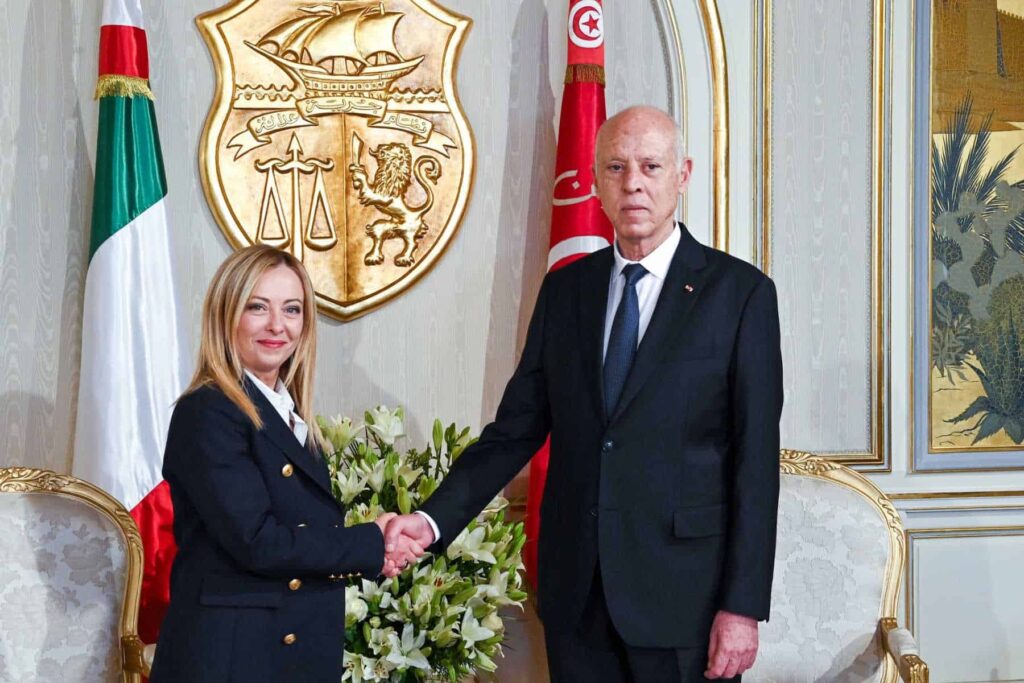In a move terrible for human rights, the European Union Commission announced on Friday it will go ahead with a controversial deal on migration control, reached in July, by imminently releasing 67 million euros to Tunisia despite an absence of any specific human rights guarantees for migrants and asylum seekers, or any indication the EU has evaluated whether the funds would make the bloc complicit in abuses.
The deal – about which the EU’s diplomatic chief, Germany’s foreign minister, and others expressed unease – pledged financial support for migration management, among other areas, to Tunisia, effectively in exchange for Tunisia preventing boats carrying migrants and asylum seekers from irregularly departing for Europe.
The rush to send money comes after a significant increase in boats departing from Tunisia in recent weeks. This demonstrates once again how the EU’s obsession with sealing its borders over saving lives enables partners like Tunisia to not only go unchallenged for abuses they commit, but to also pressure the EU for more financial aid.
Part of the money – 42 million euros according to media reports – will go to Tunisia’s coast guard and navy.
Sea rescues are vital, but the EU mainly wants the Tunisian coast guard to intercept and forcibly return outgoing boats. But Human Rights Watch and others have documented how the coast guard has committed abuses during and after interceptions, including beatings, theft of peoples’ belongings, leaving people adrift, and dangerous maneuvers that could make boats capsize.
Black Africans in Tunisia have faced increased violence, arbitrary detention, and forced evictions exacerbated by the Tunisian president’s racial hate speech in February. Just before EU Commission President Ursula von der Leyen settled her deal with President Kais Saied, Tunisian security forces had unlawfully collectively expelled over 1,300 Black African foreigners, including children, to border zones with Libya and Algeria. They suffered without adequate food and water for days and weeks before some were finally evacuated. But according to Libyan authorities, at least 27 died at the border.
Two weeks ago, the EU ombudsman asked the commission whether it had carried out any human rights assessment and how it plans to monitor implementation. She was ignored.
The EU should guarantee that Tunisia meets basic human rights benchmarks before sending a single Euro-cent to entities with a demonstrated poor human rights record. Not doing so risks implicating the EU in further fueling serious abuses and causing immense suffering.
Source : HRW


